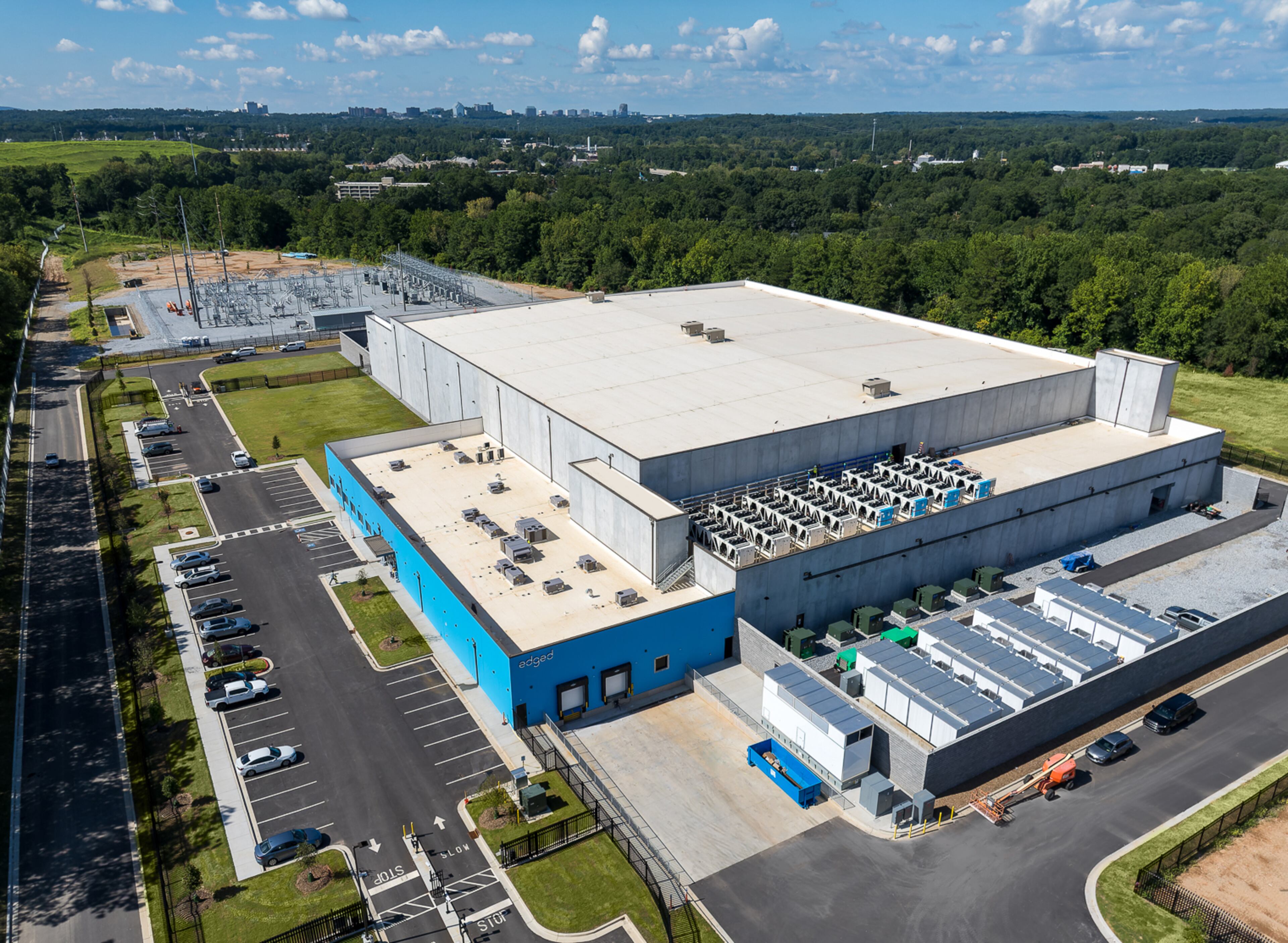Atlanta expands restrictions on where data centers can be built

It is about to get harder to build a new data center in Atlanta.
The City Council on Monday unanimously approved an ordinance that requires all new data center proposals to obtain a special-use permit before proceeding, adding another layer of government approval and scrutiny on the fast-growing sector. The legislation also prohibits new computer server farms in a handful of neighborhoods, including Little Five Points and the East Atlanta Village.
The Atlanta action is among a growing protest movement against the huge complexes, which help power our digital lives but often consume vast amounts of power and water. Critics say data centers in dense urban areas also take up land that could be used for housing.
The new restrictions build upon Atlanta’s data center ban within a half-mile of the Beltline and MARTA stations, which was among the first legislation in Georgia to restrict where these facilities can be built. Councilmember Jason Dozier spoke at a recent committee meeting with pride that the council has been aggressive in trying to place guardrails on the burgeoning data center industry, which has been flocking to the Atlanta area in unprecedented numbers.
“The city of Atlanta is leading the country in pushing back against data centers popping up in our cities,” Dozier said at a May 28 Zoning Committee meeting. “I’m glad we get to put some more protections in place to serve our communities.”
The ordinance will go to Mayor Andre Dickens’ office for his signature.
Data centers are effectively gigantic warehouses that store computer servers, and they’ve become one of the hottest uses for large plots of real estate in recent years. The amount of data center space under construction in metro Atlanta has roughly doubled every six months since 2023, according to real estate services firm CBRE.
Many of the largest projects are in Atlanta’s exurbs, but a few data centers have been built or undergone expansions within the city limits. The size, utility demands and tax incentives used to woo the projects in some jurisdictions have faced neighborhood criticism.
The Data Center Coalition, a lobbying group for the industry, has criticized broad bans on where projects can be considered and conversations about revoking incentive programs. Josh Levi, the organization’s president, calls data center critical infrastructure for an increasingly digital world, adding that they generate new local tax revenues.
“There’s a lot of painting with a broad brush,” he said in a recent interview. “I think that does unduly reflect upon individual projects, and it imputes characteristics and qualities that very well may not be there.”
Councilmember Dustin Hillis said during last week’s meeting that his community “had to learn the hard way” about the strains data centers can cause on their neighbors.

A data center called Edged Atlanta was built at Tilford Yard in his district after the Development Authority of Fulton County approved $32 million in tax savings to recruit the project. One data center building is complete and two more are expected in future construction phases, combining for 168 megawatts of leasable computer storage space.
QTS, a subsidiary of private equity giant Blackstone, operates the city’s largest data center campus and has been at the center of multiple neighborhood controversies. The company’s request for a $45 million tax break was withdrawn amid staunch resident opposition, and neighbors recently complained of transmission lines being installed along their residential streets, threatening to erode a tree buffer between homes and the nearby Fulton County Jail.

Councilmember Byron Amos said at a Howell Station meeting last month that he’s been disappointed by the lack of neighborhood involvement between QTS and Georgia Power.
“They say that it’s impossible or just not their thing to involve the community when it comes to projects,” he said. “I think that’s one of the first things they need to do.”
Other data centers in the city tend to be what are called “carrier hotels” in downtown, which are in older buildings and primarily serve as a networking bridge between telecommunications providers, fiber lines and nearby computer server farms.
To obtain a special-use permit, data center applicants will have to submit information about the project’s water consumption, energy usage, tree impacts, stormwater management and transmission line placement. More than a dozen neighborhood commercial districts also now ban new data centers, including Atkins Park, Inman Park, Kirkwood, Virginia-Highland and Westview.
The rapid proliferation of data centers has prompted other local governments in metro Atlanta to issue their own legislative responses. Douglas and Coweta counties both adopted moratoriums in recent months to pause new data center proposals to provide time to review their zoning codes.


